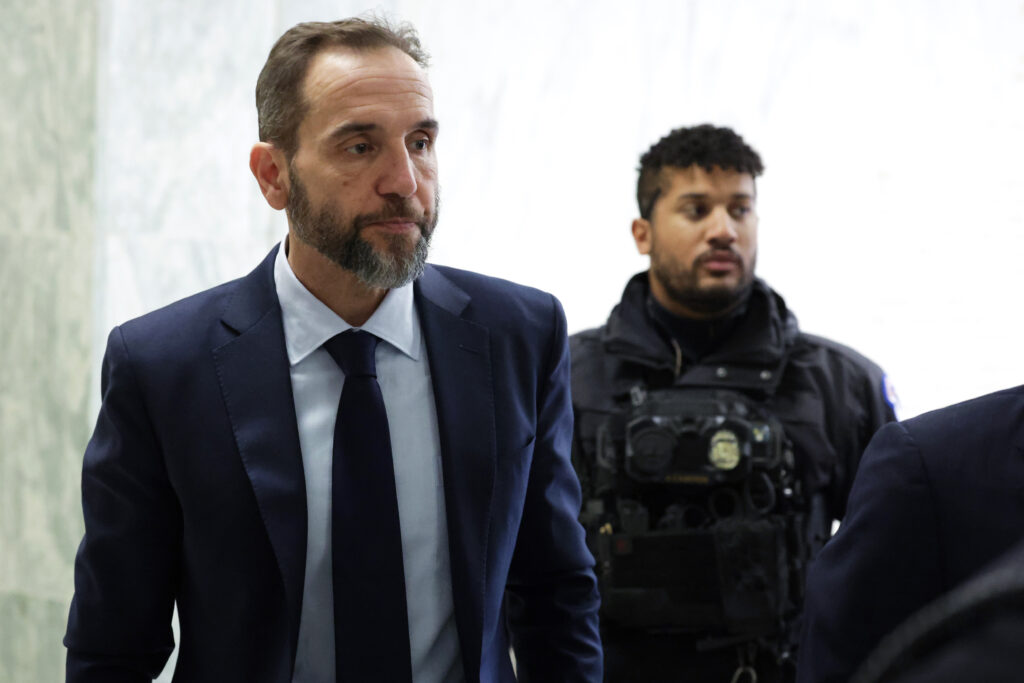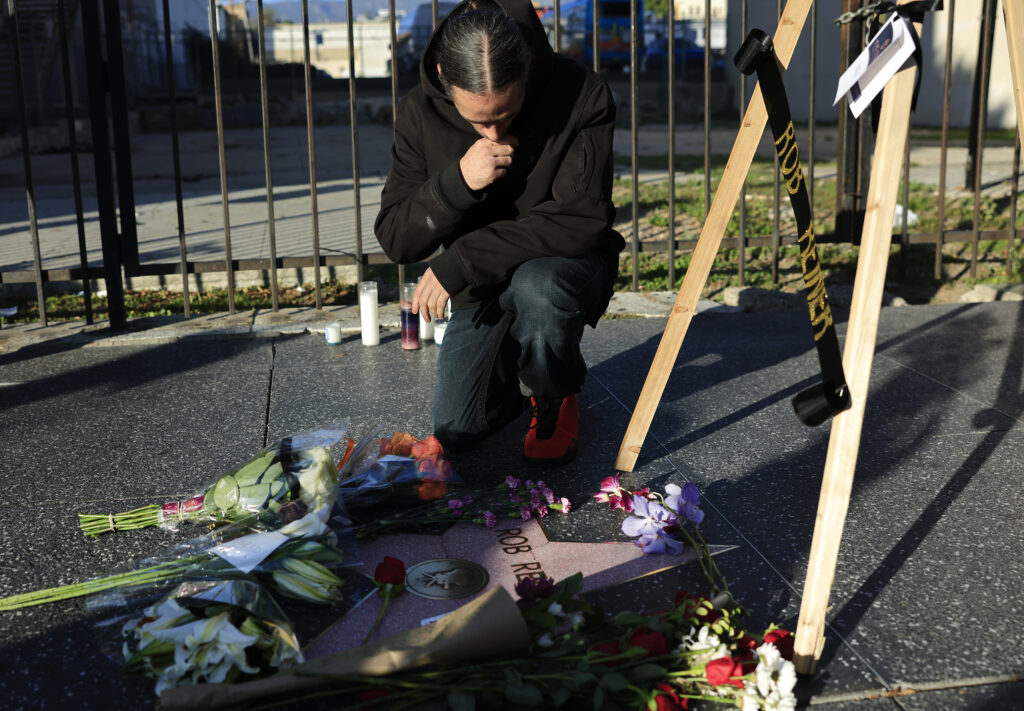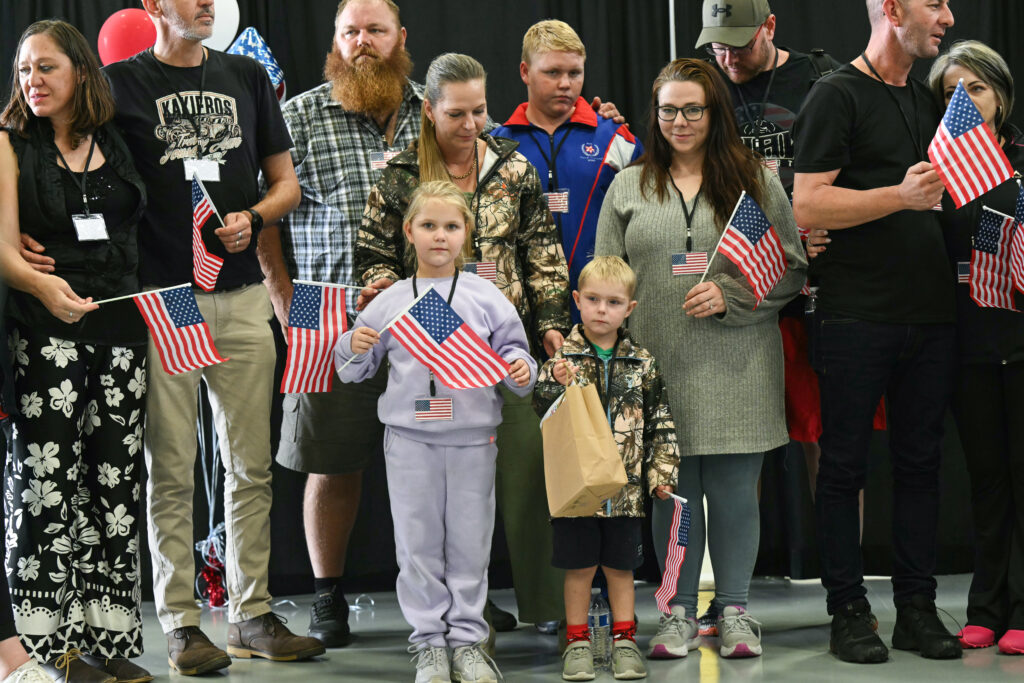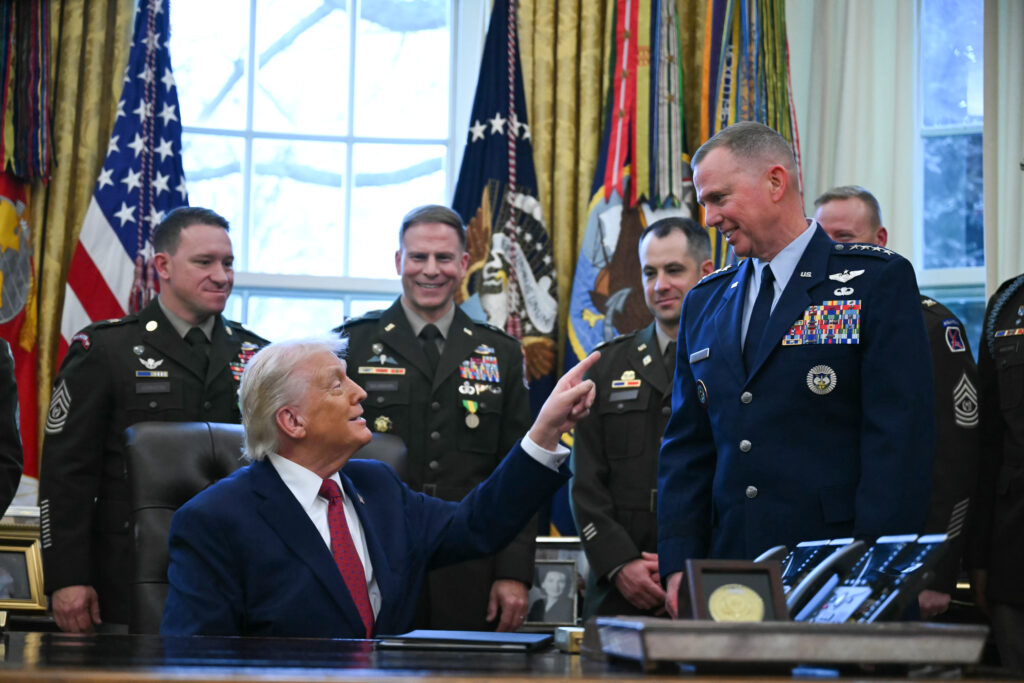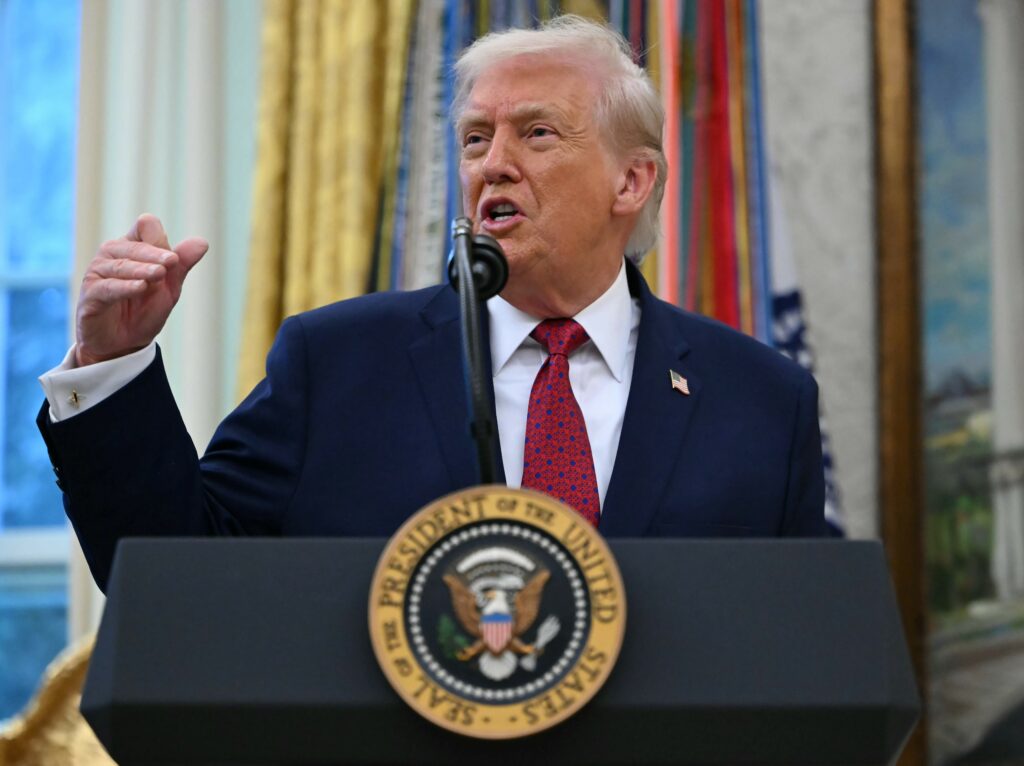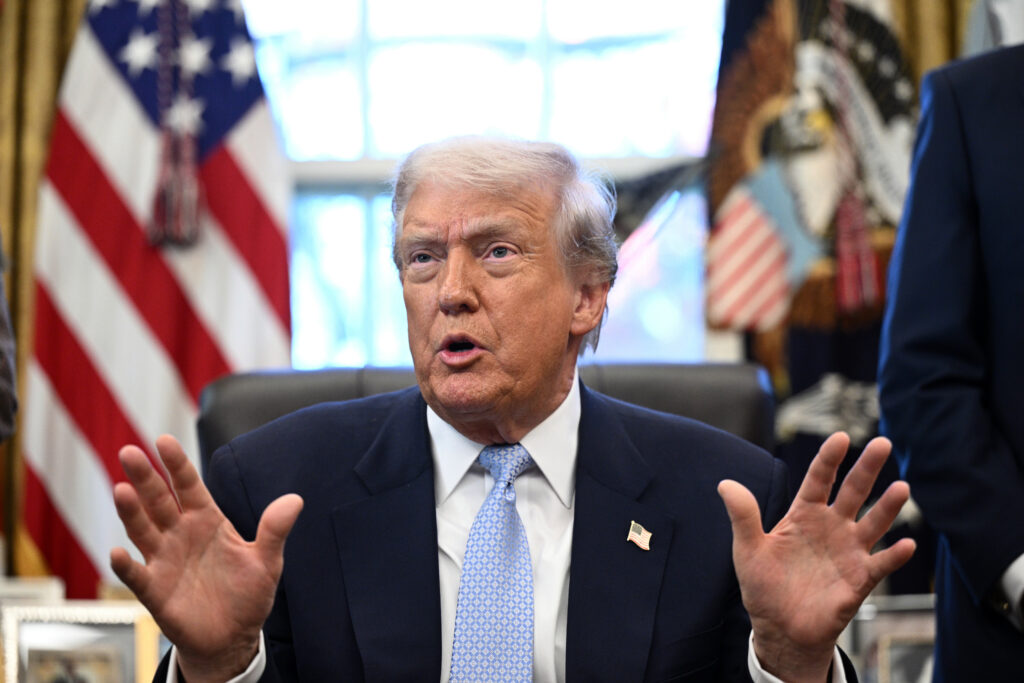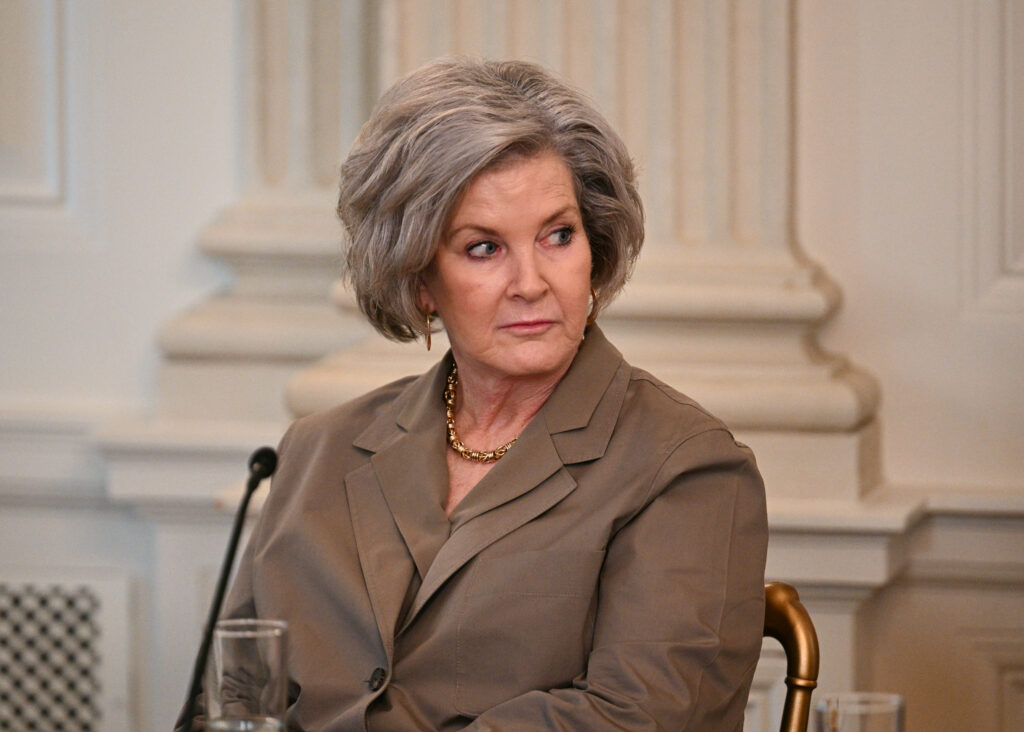Venezuela says oil exports continue normally despite Trump ‘blockade’
Venezuela struck a defiant note Wednesday, insisting that crude oil exports were not impacted by US President Donald Trump’s announcement of a blockade.Trump’s announcement on Tuesday marked a new escalation in his months-long campaign of military and economic pressure on Venezuelan President Nicolas Maduro.Venezuela, which has the world’s largest proven oil reserves, shrugged off the threat of more pain, insisting that it was business as usual.”Export operations for crude and byproducts continue normally. Oil tankers linked to PDVSA operations continue to sail with full security,” state oil company Petroleos de Venezuela (PDVSA) said in a statementTrump said on Tuesday that he was imposing “a total and complete blockade of all sanctioned oil tankers going into and out of Venezuela.”Referring to the heavy US military presence in the Caribbean — including the world’s largest aircraft carrier — Trump warned “Venezuela is completely surrounded by the largest Armada ever assembled in the History of South America.”Oil prices surged in early trading Wednesday in London on the news of the blockade, which comes a week after US troops seized a sanctioned oil tanker near the coast of Venezuela.- ‘We are not intimidated’ -Venezuela’s battered economy relies heavily on petroleum exports.But the country’s military, which supports hard-left leader Maduro, said it was “not intimidated.””We say to the US government and its president that we are not intimidated by their crude and arrogant threats,” Defense Minister Vladimir Padrino Lopez said at an event, surrounded by senior commanders who have repeatedly vowed loyalty to Maduro.The foreign minister of China, the main market for Venezuelan oil, defended Caracas in a phone call with his Venezuelan counterpart against the US “bullying.””China opposes all unilateral bullying and supports all countries in defending their sovereignty and national dignity,” he said, adding Venezuela “has the right to independently develop mutually beneficial cooperation with other countries.”Last week’s seizure of a tanker carrying between 1 and 2 million barrels of crude bound for Cuba marked a shift in Trump’s offensive against Maduro.In August, he ordered the biggest military deployment in the Caribbean Sea since the 1989 US invasion of Panama, purportedly to combat drug trafficking.US strikes on alleged drug-smuggling boats in the Caribbean and eastern Pacific have left at least 95 people dead since.Caracas believes that the anti-drug operations are a cover for a bid to topple Maduro, accused of stealing elections last year, and make a grab for Venezuela’s oil.Trump has sent mixed signals about a potential US intervention in Venezuela but says he thinks Maduro’s days are numbered.Mexican President Claudia Sheinbaum waded into the dispute on Wednesday, calling on the United Nations to step up to “prevent any bloodshed” in Venezuela.”The United Nations has been nowhere to be seen. It must assume its role to prevent any bloodshed and always seek peaceful solutions to conflicts,” the leftist leader told a press conference.- Oil lifeline -The US blockade threatens major pain for Venezuela’s crumbling economy.Venezuela has been under a US oil embargo since 2019, forcing it to sell its production on the black market at significantly lower prices, primarily to Asian countries.The country produces one million barrels of oil per day, down from more than three million barrels per day (bpd) in the early 2000s.Capital Economics analysts predicted that the blockade “would cut off a key lifeline for Venezuela’s economy” in the short term.”The medium-term impact will hinge largely on how tensions with the US evolve — and what the US administration’s goals are in Venezuela.”burs-cb/sms

